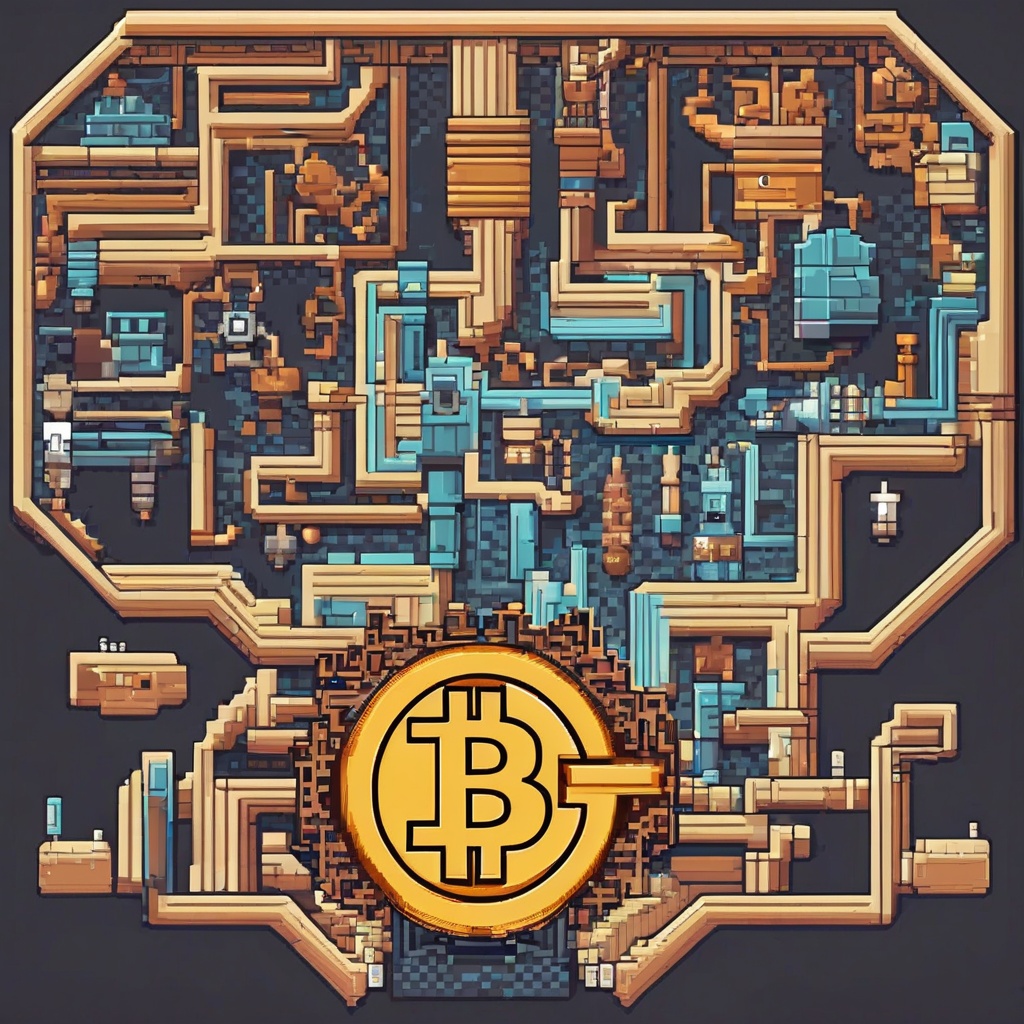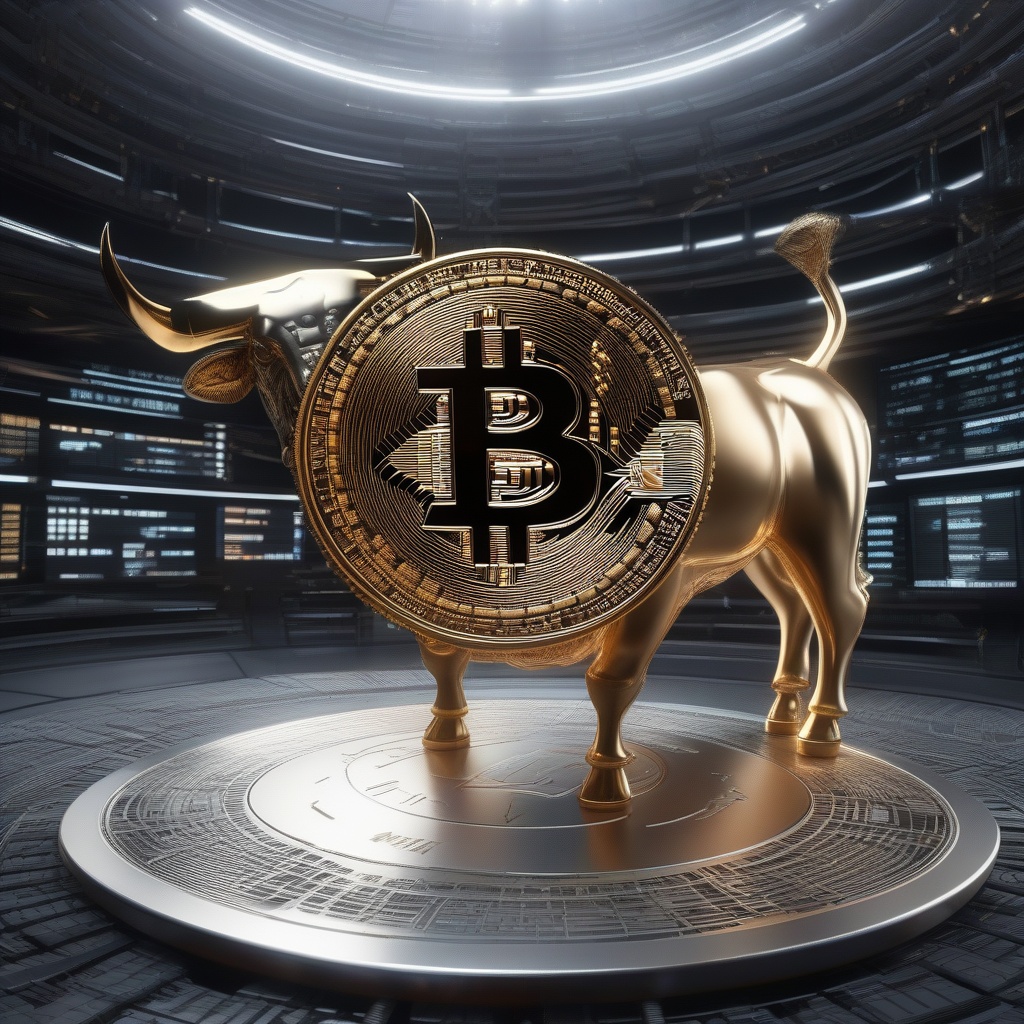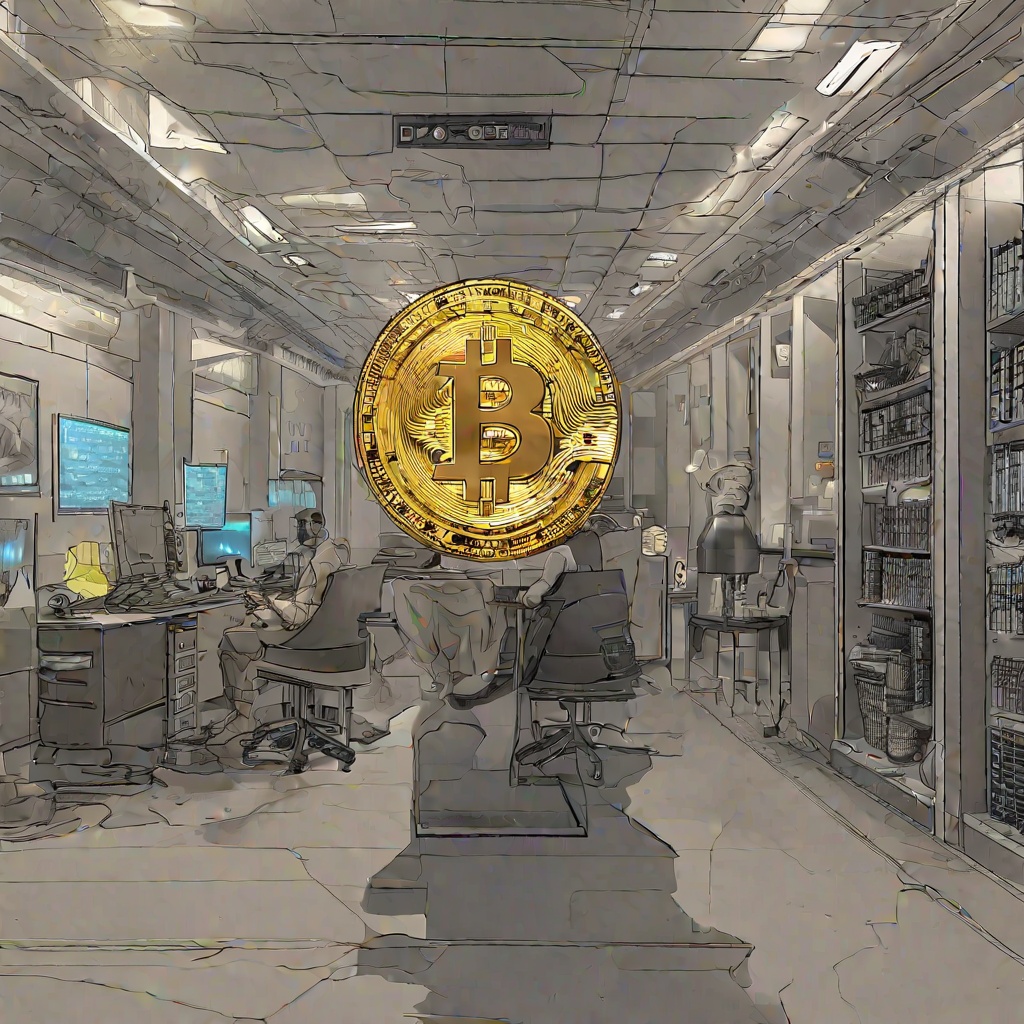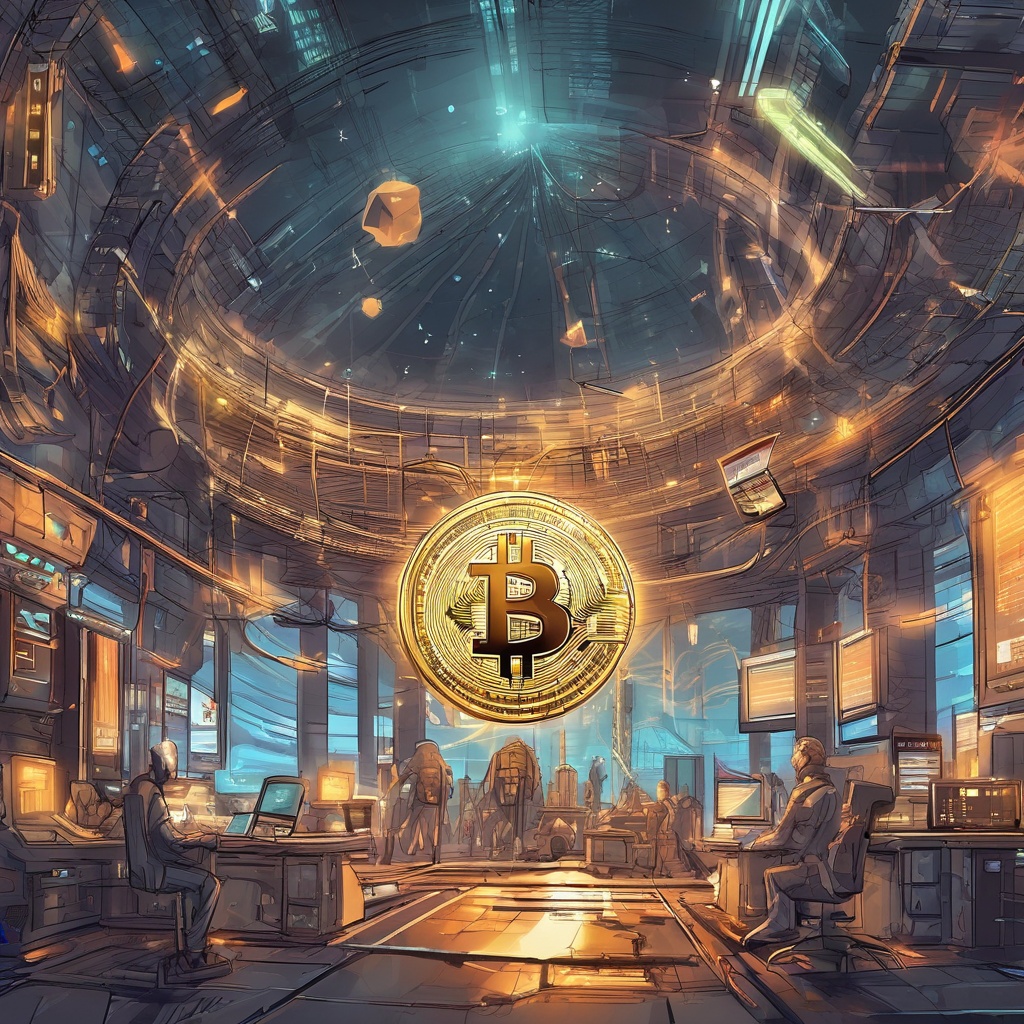What is a decentralized stablecoin?
Could you please explain what a decentralized stablecoin is, and how does it differ from traditional stablecoins? I'm particularly interested in understanding how decentralization factors into the stability and functionality of these digital assets. What are the benefits and potential challenges associated with decentralized stablecoins? Additionally, can you provide some examples of decentralized stablecoins currently in use?

Will afterpay's'stablecoin' reduce costs?
I'm curious to know if Afterpay's stablecoin has the potential to significantly reduce costs for both merchants and consumers in the cryptocurrency and finance space. Could you elaborate on how this new form of digital currency might streamline transactions, minimize fees, and enhance overall efficiency in the marketplace? Additionally, what challenges or obstacles might arise in implementing such a system, and how does Afterpay plan to overcome them?

Which stablecoin is best to invest in?
So, you're wondering which stablecoin to invest in, huh? Well, let's dive into it. With so many options in the market, it can be overwhelming to choose the right one. But, ultimately, it depends on your investment goals, risk tolerance, and understanding of the underlying technology. First off, what is a stablecoin? Simply put, it's a cryptocurrency that's designed to maintain a stable value relative to a real-world asset, such as the US dollar. This stability is achieved through various mechanisms, including collateralization, algorithmic adjustments, or a combination of both. Now, let's take a look at some popular stablecoins and their unique features: 1. Tether (USDT): One of the oldest and most widely used stablecoins, Tether is backed 1:1 by the US dollar. It's widely accepted in the crypto ecosystem and has a strong reputation for stability. 2. USD Coin (USDC): Similar to Tether, USDC is also backed by the US dollar and is audited regularly to ensure its reserves are fully collateralized. It's gaining popularity among institutional investors. 3. Dai (DAI): Dai is a decentralized stablecoin that's maintained by the MakerDAO protocol. It's unique in that it's not directly backed by the US dollar but instead uses a combination of collateralized debt positions, algorithmic adjustments, and a decentralized governance system to maintain its peg. Each of these stablecoins has its own strengths and weaknesses, and the best choice for you will depend on your specific needs and preferences. For example, if you're looking for a stablecoin that's widely accepted and has a strong reputation, Tether or USDC might be a good fit. On the other hand, if you're interested in a decentralized and self-regulating stablecoin, Dai could be worth considering. Ultimately, it's important to do your own research and carefully evaluate each option before making a decision. Remember, investing in cryptocurrency, including stablecoins, is inherently risky, so it's important to approach it with caution and a well-thought-out strategy.

Is Yearn finance a stablecoin?
Excuse me, but I have a question regarding the cryptocurrency space. I've come across Yearn Finance and was wondering if it could be categorized as a stablecoin? Could you please elaborate on this, as I'm a bit confused about the distinction between Yearn Finance and stablecoins in the broader crypto ecosystem? I understand that stability is a key factor for some investors, so I'm keen to understand how Yearn Finance fits into this context. Thank you in advance for your clarification.

Is Tribe a stablecoin?
Excuse me, could you please clarify if Tribe is indeed classified as a stablecoin? From my understanding, stablecoins are designed to maintain a stable value relative to a real-world asset, such as the US dollar or gold. Does Tribe operate in a similar fashion, aiming to minimize volatility and provide a reliable store of value? I'm curious to learn more about its underlying mechanism and the asset it's pegged to, if any. Thank you for your attention.

